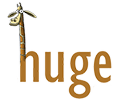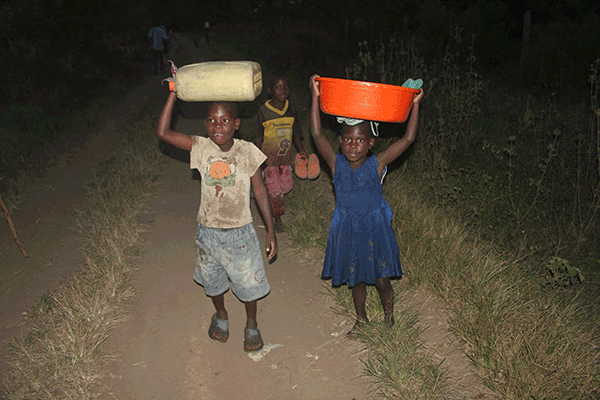
Helping UGanda Educate

Helping UGanda Educate
Uganda is a landlocked country located in East Africa. It is bordered on the east by Kenya, on the north by South Sudan, on the west by the Democratic Republic of Congo, on the south west by Rwanda and on the south by Tanzania.
Nabugabo is a small rural community situated in South West Uganda on the shores of Lake Nabugabo. It is made up of three villages; Bbale, Bukumbula and Kayugi which together have a population of around 1500 people.
The nearest shops and proper medical facilities are located 20 kilometres away in Masaka. The nearest health clinic is a little closer, in Ssunga, 7km away, but this clinic lacks funding and has minimal medical resources.

The primary school opened in February 2012, under a private NGO set up by David and Judy Batten, known as the Nabugabo Community Learning Centre (NCLC). Today it has:
The school day at Nabugabo is very different from a typical Ugandan school:
Children in Uganda are in primary school for 7 years (P1 - P7), and then in theory continue through to secondary school for the next 4 - 6 years:
HUGE was set up to support vulnerable children with the aim of providing them with both a primary and secondary education. Once children have successfully completed their Primary 7 year at Nabugabo Community Primary School and passed their Primary Leaving Exam, the charity funds each child to go to a local private secondary school, St Kizito Secondary School, which has been carefully chosen because it is in the community and provides academic and vocational teaching in a safe environment. Nabugabo Community Primary school is now in its 11th year and three class years have successfully progressed to this secondary school. There are currently 80 children ranging from S1 - S3, (51 are female). The aim is to support them throughout their educational journey with a minimum prerequisite of attaining qualifications by the end of S4 (O levels) but ideally beyond - A levels and University.
There are very few free government schools in rural Uganda. Unfortunately, the demand for free education massively outstrips the availability of places. It is not uncommon for classes to have well over 75 students in one class with nothing in the way of facilities and resources. For the majority of the population, the only option is a private school and in Uganda these vary enormously.
In rural, remote areas where many families are totally reliant on small scale subsistence farming as their only source of income, poverty is high. Paying school fees is beyond many families especially where they have a lot of children, which is often the case, or when one or both parents have died and the child is cared for by the wider family group. Matters are exacerbated by the fact that on top of school fees there are other requirements including school books, uniform and shoes. A child is sent home if they cannot fulfil these requirements. In respect of children in many schools, if the fees remain unpaid for a term they are unable to return.
Teachers in private schools are disillusioned as they are faced with large class sizes and limited resources or teaching aids. They are poorly paid and if the school fees are not paid, they in turn suffer.
HUGE aims to deliver a range of life changing outcomes: